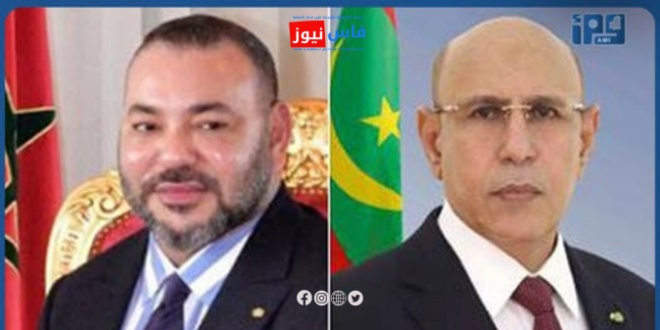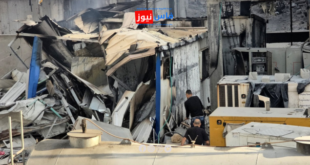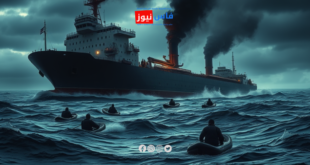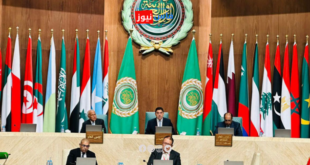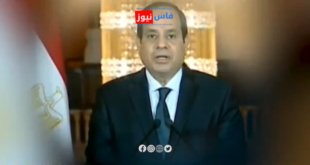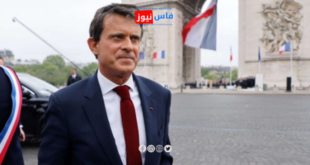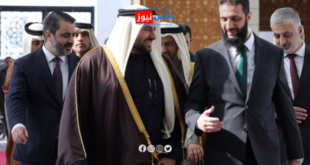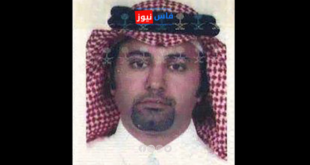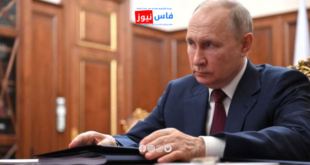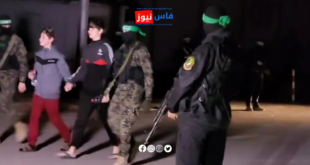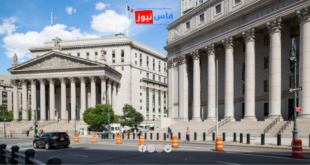Mauritanian President Mohamed Ould Ghazouani has recently carried out a major reshuffle within the military’s high command, raising crucial questions about the country’s institutional stability. These appointments come at a particularly tense regional context, notably marked by rivalries between Morocco and Algeria.
At the heart of this reshuffle, the appointment of General Mohamed Fall Ould Rais as Chief of Staff of the Armed Forces appears to be the most significant change. A former Deputy Chief of Staff, he replaces General Mokhtar Bella Chaabane, who has been retired. This move is accompanied by a series of other strategic appointments: General Ab Babti as Inspector General of the Armed Forces, General Sidou Samba Dia as head of external intelligence, and General Ahmed Mahmoud Mohamed Abdallah Taïa as head of the National Gendarmerie.
This massive restructuring of the military hierarchy comes at a particularly sensitive time. Mauritania, which has historically experienced strong political instability punctuated by coups d’état (1978, 1979, 1984, 2005, 2008), finds itself at a pivotal period. Since independence in 1960, the country has had eight presidents, the majority of whom came to power by force, illustrating the chronic precariousness of political power[1].
The timing of these appointments raises legitimate questions. They occur as regional tensions are emerging, particularly with Algeria. Sources mention incursions by Algerian forces into Mauritanian territory and attempts to influence Nouakchott’s policy. These movements also coincide with a rapprochement between Mauritania and Morocco, materialized by Ould Ghazouani’s recent private visit to Morocco[3].
The geopolitical dimension of these appointments cannot be neglected. Mauritania finds itself at the heart of a project for a new regional “3+3” bloc (Morocco, Mauritania, Senegal, Portugal, Spain, France) that could redraw regional balances. This initiative, which excludes Algeria, could partly explain the current tensions.
Internally, these appointments raise the question of cohesion within the armed forces. President Ghazouani, himself from the army, faces a major challenge: renewing the leadership while maintaining institutional stability. The horizon of 2028, which will mark the end of his current term, appears as a critical deadline. The retirement of several experienced senior officers could create discontent and divisions within the military institution[4].
These changes also come in a context of internal political tensions. Former President Mohamed Ould Abdel Aziz, whose health is described as concerning, is the subject of a controversial judicial procedure. This situation adds an additional layer of complexity to the management of political-military balances.
President Ghazouani is trying to maintain a political dialogue, as evidenced by his recent meetings with majority and opposition parties. However, the success of this military restructuring will be crucial for the country’s stability. Mauritania’s history shows that the army has always played a central role in political changes, for better or worse[5].
These appointments therefore represent a risky bet. While they may allow for a necessary renewal of military leadership, they also carry the seeds of potential destabilization. President Ghazouani’s ability to maintain the cohesion of the armed forces while managing external pressures will be crucial for Mauritania’s political future.
The success of this transition within the army will condition not only the country’s internal stability but also its ability to play a constructive role in a region marked by major security challenges, including the terrorist threat in the Sahel and geopolitical tensions in the Maghreb.
 فاس نيوز ميديا جريدة الكترونية جهوية تعنى بشؤون و أخبار جهة فاس مكناس – متجددة على مدار الساعة
فاس نيوز ميديا جريدة الكترونية جهوية تعنى بشؤون و أخبار جهة فاس مكناس – متجددة على مدار الساعة

